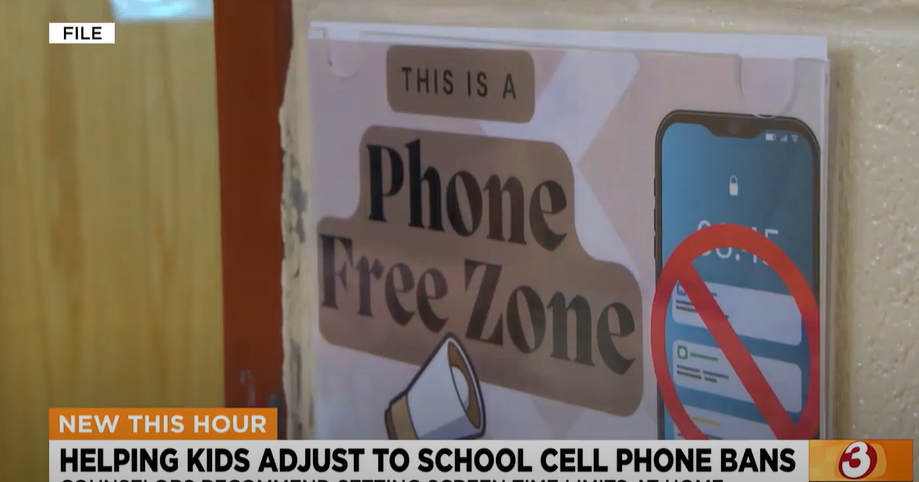Try Scottsdale Insider
Archives
Scottsdale Clinic Supports Students Amid New School Cellphone Bans
SIGN UP FOR OUR NEWSLETTER
Scottsdale Clinic Supports Students Amid New School Cellphone Bans |
Local Scottsdale experts assist teens in adapting to reduced screen time during school hours |
As Scottsdale Schools and the rest of Arizona's new academic year begin, Arizona schools are implementing stricter cellphone policies to enhance student focus and engagement. In response, a Scottsdale-based clinic is stepping up to help students navigate the challenges of reduced screen time.
The mental health nonprofit notMYkid, located in Scottsdale, has observed a significant increase in students struggling with cellphone dependency. Clinical Director Kim McWilliams notes that many teens exhibit behaviors akin to addiction, such as an inability to complete daily tasks without their devices. “They can’t join you for dinner, they can’t clean their room, they can’t do their homework,” McWilliams explained.
The clinic offers programs designed to help students manage their screen time and develop healthier habits. These initiatives aim to reduce the anxiety and withdrawal symptoms that can accompany decreased cellphone use. McWilliams emphasizes the importance of support and compassion in this process, stating that while cellphone addiction isn't officially recognized as a medical disorder, its impact on quality of life is profound. JOIN TRY SCOTTSDALE INSIDER HERE
The push for reduced cellphone use in schools gained momentum when Governor Katie Hobbs signed legislation requiring public and charter schools to adopt policies limiting student access to wireless devices during school hours. The law allows for exceptions in emergencies, medical needs, and educational purposes.
In line with this legislation, districts like Gilbert Public Schools have implemented bans on cellphone use for K-8 students during the school day, including lunch and recess. These measures aim to minimize distractions and promote a more focused learning environment.
The transition has been challenging for some students. Youth mental health advocate Katey McPherson acknowledges the initial frustration but observes positive changes. “I think even in my household, I’m noticing improvement in progress and attention,” she said.
As schools and families adjust to these new policies, the support provided by organizations like notMYkid is crucial in helping students develop healthier relationships with technology and improve their overall well-being. |


